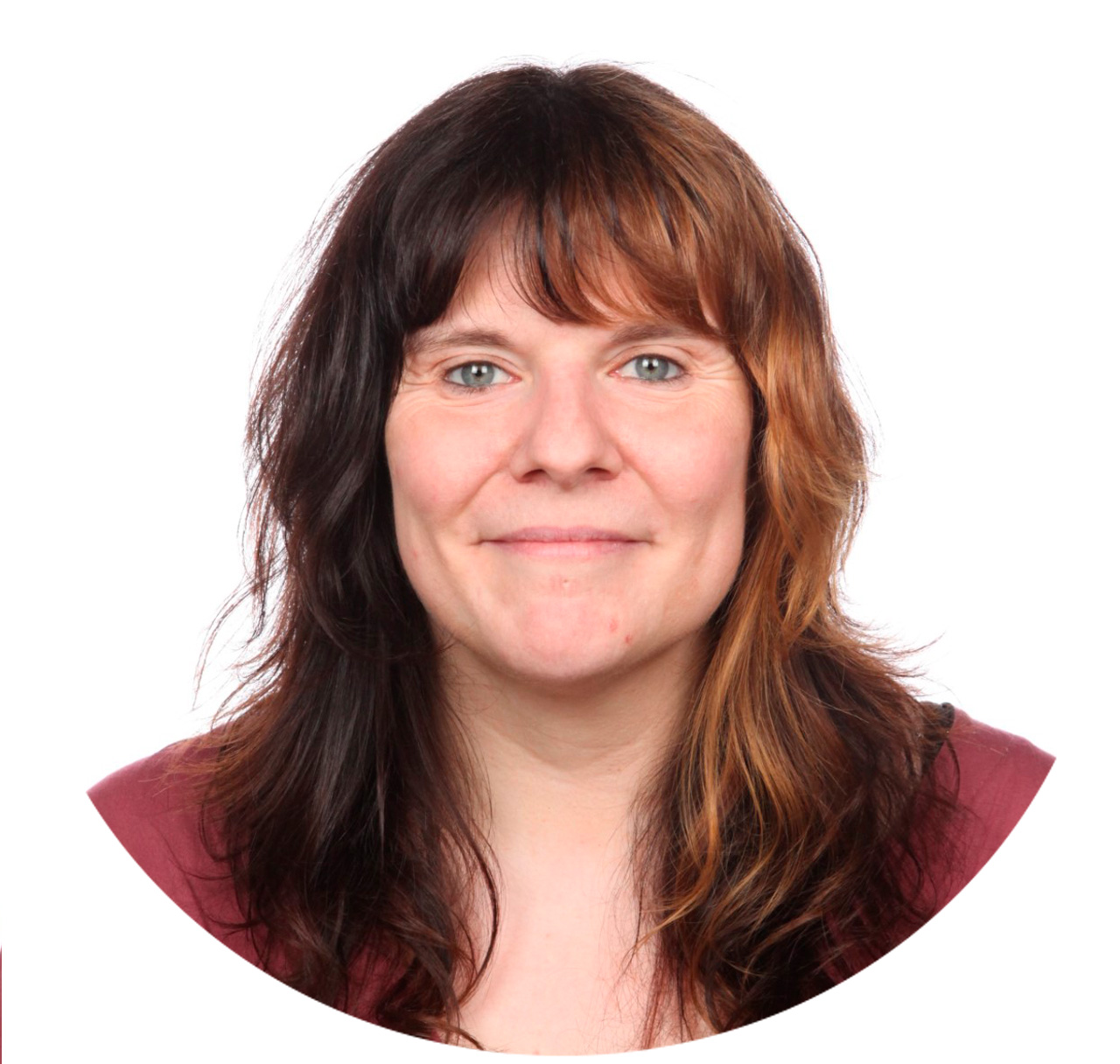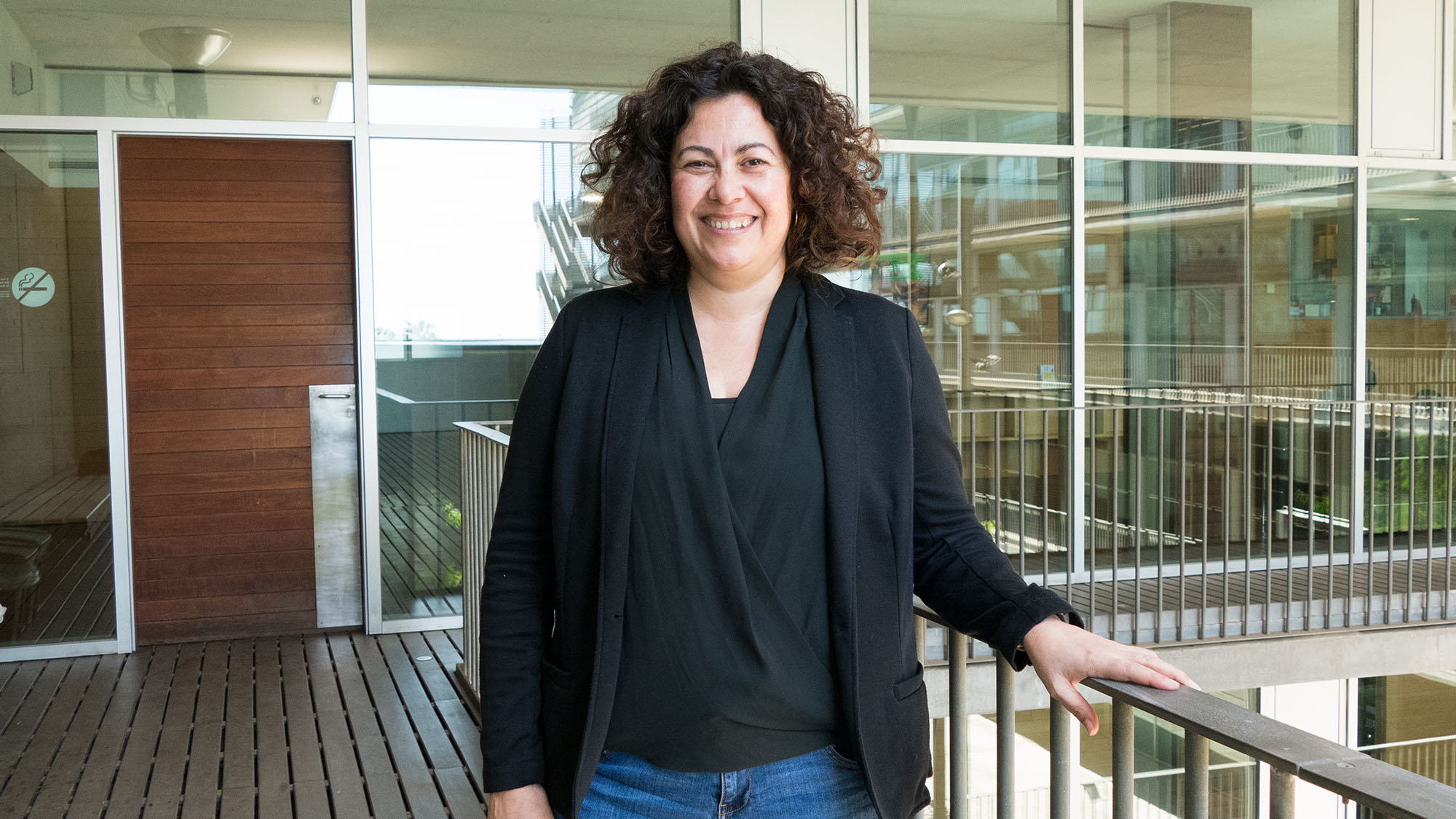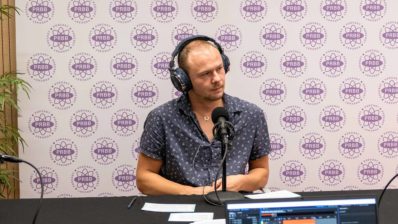Clinical trial management is a growing professional field. This type of project managers are responsible for coordinating all aspects involved in the clinical trials that research institutes conduct to test new drugs.
Ana Maria Aldea is head of the Clinical Pharmacology Section of the Hospital del Mar and coordinator of the Clinical Research Unit of the Hospital del Mar Research Institute. She is also a member of the General Assembly of the ISCIII Clinical Support Platform (SCReN, Spanish Clinical Research Network). She tells us about her work as a clinical trial manager.
What does clinical trial management consist of?
Clinical trials are complex studies that require many administrative processes and good time management. In addition, permits must be requested and strict regulations must be followed. For this reason, the role of a project manager is essential.
We collaborate with research teams in the design of the studies and define with them what kind of support we will give them in the trial. We help them with the management, for example, of the contracts with the different centers that will participate, the authorizations with the Spanish Agency of Medicines and Medical Devices (or the European equivalent), the trial calendar, the documentation of the processes, the notifications to the authorities, the insurers…
What is your day-to-day life like?
I am in control of all the processes related to clinical trials. My job is to make sure that the whole study plan is carried out and everything is properly documented. I also need to build a team of people who are going to work giving administrative support. Therefore, I spend my day-to-day life working in the office at the computer, holding meetings and communicating with the different stakeholders: study sponsors, researchers, monitors, regulatory agencies, ethics committees…
I also have to manage incidents. There is a protocol that must be followed, but sometimes things happen. For example, it could be that a patient who has to come for medication and from whom we need samples misses a train and does not arrive on time. Then I have to coordinate with the promoter and the monitor to take decisions.
How did you get here?
I studied medicine and specialized in clinical pharmacology. Part of the competencies developed in this field are related to clinical research with drugs, either through clinical trials or observational studies. These profiles are also involved in research ethics committees.
During my professional experience I have been involved in different roles related to clinical trials: ethics, inspection, management… I have worked in the general pharmacy department of the government of an autonomous community, where I was involved in the inspection of clinical trials Also in the National Consortium Network for the Development of Medicines for Advanced Therapies (CERTERA), of the Carlos III Institute, and in the SCReN (Spanish Clinical Research Network) platform. These platforms support research teams to carry out clinical trials. In 2018, I came to work at the Hospital del Mar Research Institute, coordinating the Phase I unit.
Are there other ways to end up working here?
Yes, it is not necessary to be a physician/medical doctor to manage clinical trials. There are, for example, CROs (Contract Research Organizations), which are companies that provide trial monitors and managers. These CROs ask for people with a university degree, but not necessary a medicine one.
It is also possible to start with administrative jobs and specialize. There is specialized training such as master’s degrees in monitoring, management or inspection and regulation of the pharmaceutical industry. When it comes to becoming a project manager, it is necessary to have a degree, but it does not have to be in the healthcare field. In any case, it is important to have hours of management experience.
Do you think this is a growing profession?
It is a figure that has always existed, but it is true that these professionals are now needed more because the agencies receive many more requests for trials. The regulatory portal now works on a European scale, which means that the number of clinical trials per year is increasing and, therefore, more management personnel are needed.
Why did you choose this professional path?
I think it is a very complete specialty, very transversal. You are in contact with the hospital field as well as with primary care and regulatory agencies. In addition, at the center where I trained, it was the area where there was the greatest demand for personnel. That is why I followed this path, taking the jobs I was offered.
I think it is a very complete specialty, very transversal. It is a job where you can learn continuously, it has no end.
Ana M Aldea, Hospital del Mar Research Institute
What do you like most about your job?
It’s a job where you can learn continuously, it has no end. You can start managing local projects and end up managing international projects. You can have contact with people from many centers and different countries. You also work in projects that have a beginning and an end, so each project is a different challenge and this keeps you motivated.
What are the main challenges of managing a clinical trial?
You have to get it done right, and do it within the time and budget you had planned. You also have to coordinate the whole team and make sure people are happy in their work.
What is your team like?
We are a team of 10 people. We have two clinical trial monitors and a study coordinator, who is a person who takes care of all the details of the processes. For example, she takes care of the patient schedule, arranges for the necessary test kits to be purchased and distributed, and so on.
But the team is not only made up of managers and monitors, as would be the case in a CRO. We also have a unit to conduct clinical visits of trial participants. Here, we mainly conduct trials with healthy volunteers. That’s why we also have doctors and nurses on the team.
What skills or abilities do you think are the most important to do your job?
You have to know very well all the processes involved in a clinical trial and be able to have a global vision to plan well. You must also be a decisive and proactive person. You need to imagine beyond what’s written on paper. For example, if a medication is needed, you must think about who will buy it, how it will reach the centers, whether it fits the budget, what regulations must be met, how it must be ordered…. You must also understand the regulations, know where to consult them and always be up to date, because there are many changes in the regulatory environment.
Clinical trials are very long, they can last months or years and, if not well planned, can become much longer and more expensive.
Clinical trials are very long, they can last months or years andm if not well planned, they can become much longer and expensive. With experience, you learn to optimize processes; you know which stages can be advanced while others must be stopped.
You should also be sociable because you have to communicate with many different people. You need to be conciliatory, able to manage conflicts and know how to move towards the established objectives. Therefore, you need leadership skills.
What advice would you give to a person who wants to dedicate themselves to this profession?
To study a specialized master’s degree and, above all, to gain a lot of experience by getting involved in projects. If they are already in the research world, they should contact researchers to see what projects they have. For that it can be very useful to participate in retreats organized by research centers.
It is also necessary to be alert to the job offers that are coming out of the clinical research institutes. Here we have the Hospital del Mar Research Institute, but in Catalonia we have the Vall d’Hebron Research Institute (VHIR), the Bellvitge Biomedical Research Institute (IDIBELL), the Jordi Gol y Gurina University Institute for Primary Health Care Research Foundation (IDIAP Jordi Gol), the Clínic Foundation for Biomedical Research (FCRB), and so on. If you want to work in CRO-type institutions or in private companies, it is necessary to have years of experience.
How do you see your future?
I see myself here. I am very happy, because I learn new things every day. We have projects in different areas and they are getting bigger and bigger. We are internationalizing, and being in contact with people from other countries means that I am always going out of my comfort zone, which motivates me. Besides, I have extraordinary colleagues, and that is very important.







